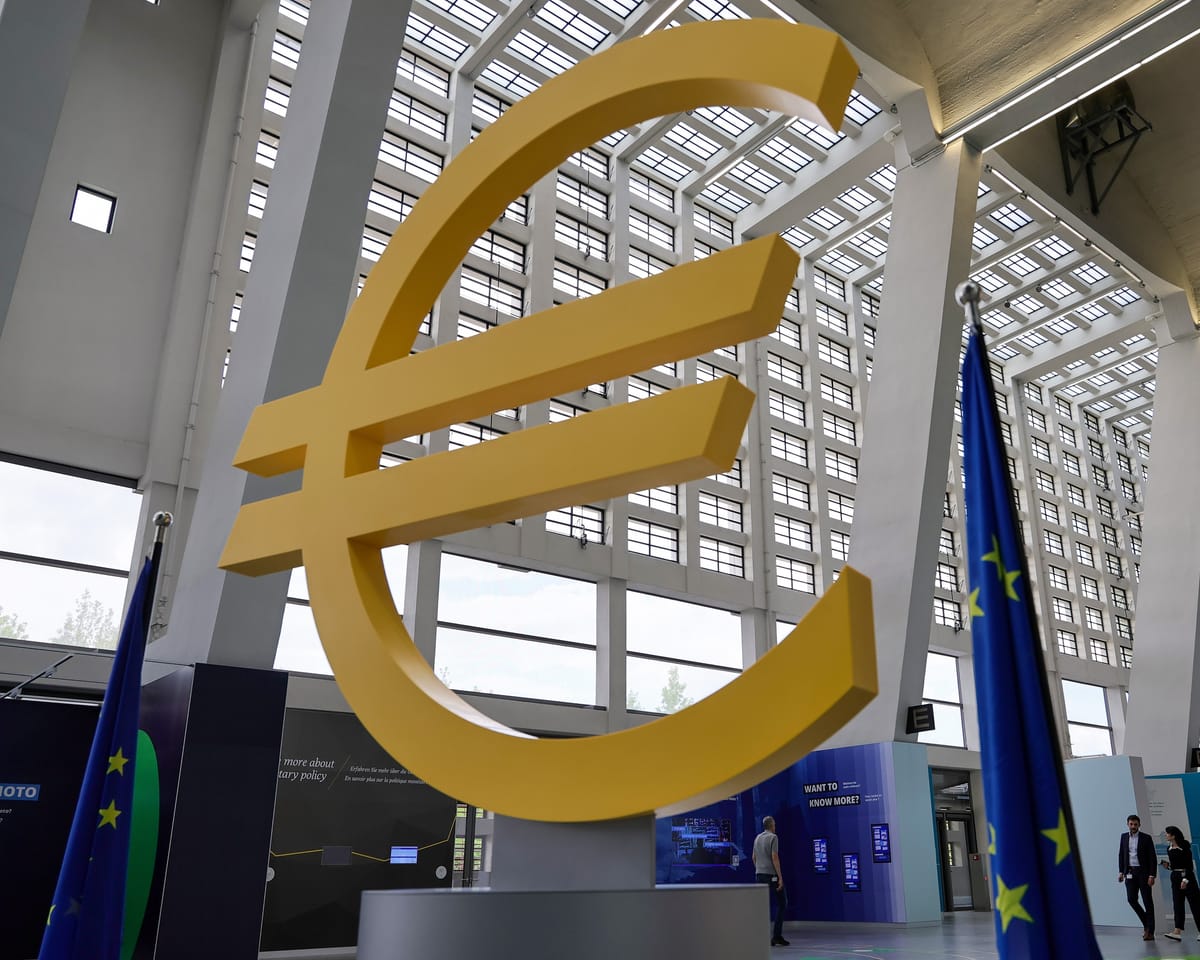The European Central Bank left interest rates unchanged during its July meeting, as data indicated the eurozone economy continued to expand at a slow rate.
The Frankfurt-based institution, in a move widely anticipated as a temporary stop before potential reductions later this year, opted against lowering borrowing costs, keeping the main interest rate steady at 2% and the deposit rate at 2.15%.
This decision followed reports from within the 20-nation currency union, showing a slight increase in private-sector activity despite prolonged stagnation in Germany and France, the bloc’s two largest economies.
Unemployment remains at historically low levels across much of the eurozone, while inflation stays subdued, providing a stable foundation for economic progress.
Nonetheless, concerns over escalating tariffs from the U.S., including potential 50% duties on steel exports, have led businesses to delay investment and hiring decisions.
Annual inflation in the eurozone reached 2% in June, up from 1.9% in May. Meanwhile, U.S. inflation climbed to 2.7% in June from 2.4% the previous month, and the UK saw inflation rise to 3.6% in the same period.
Read next

Ryanair plane had only six minutes of fuel upon Manchester landing, records show
Flight Narrowly Avoids Disaster After Storm Diversion
An inquiry has been launched after a Ryanair flight, struggling against severe winds during storm Amy last week, landed at Manchester Airport with only six minutes’ worth of fuel remaining.
The aircraft had been transporting passengers from Pisa, Italy, to Prestwick, Scotland, on

"Qantas customer data for 5 million exposed as hackers release info post-ransom deadline"
Hackers Leak Personal Data of 5 Million Qantas Customers on Dark Web
A cybercriminal group has released personal records of 5 million Qantas customers on the dark web after the airline did not meet their ransom demand.
The breach is part of a larger global incident affecting over 40 companies,

Investors flee record-high UK stocks as EU set to hike steel tariffs
Investors Withdraw Record Sums from Equity Funds Amid High Market Valuations
Data reveals that investors in the UK have withdrawn an unprecedented amount of money from equity funds over the past three months, driven by concerns over soaring stock market valuations.
According to the latest figures from Calastone, the largest

